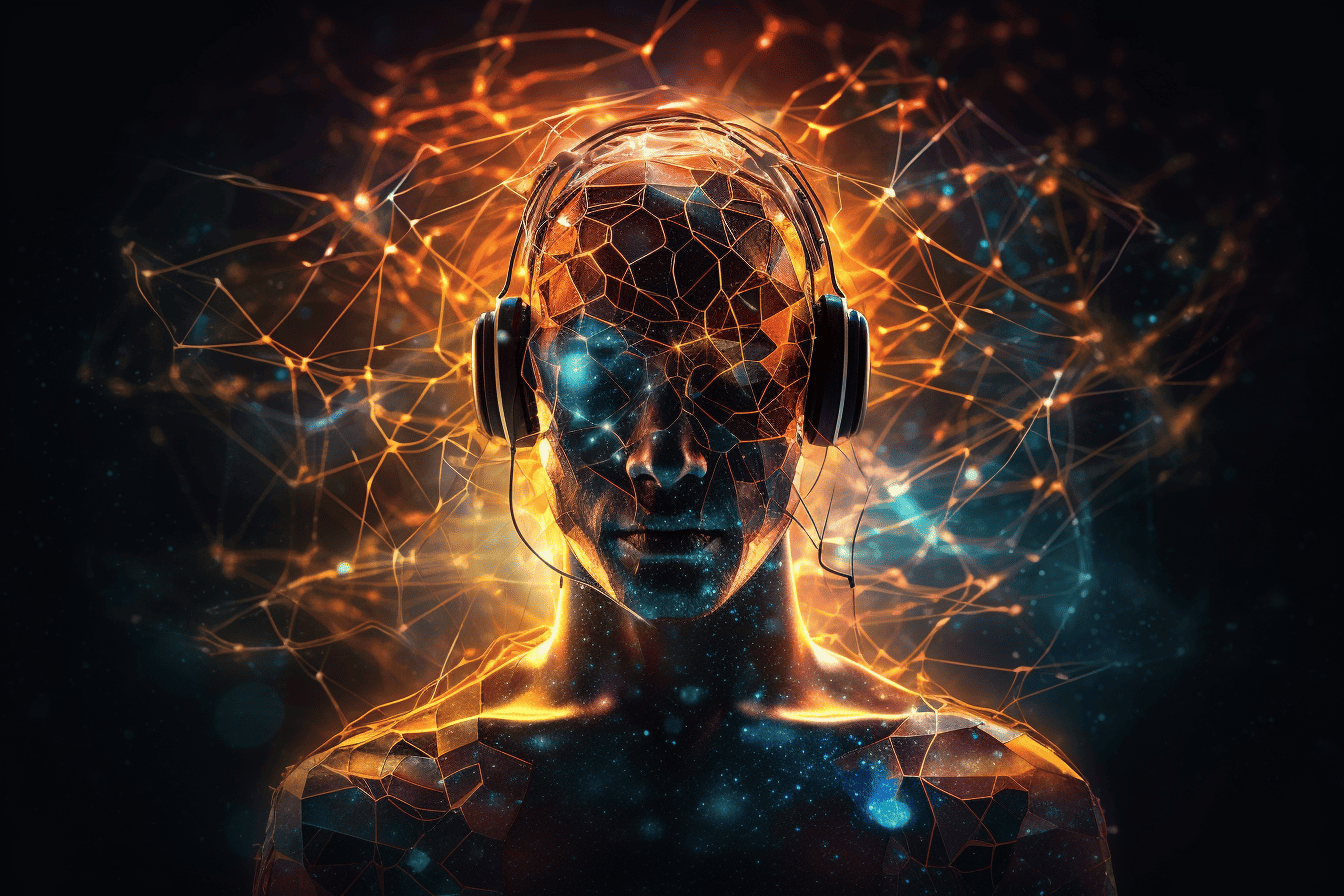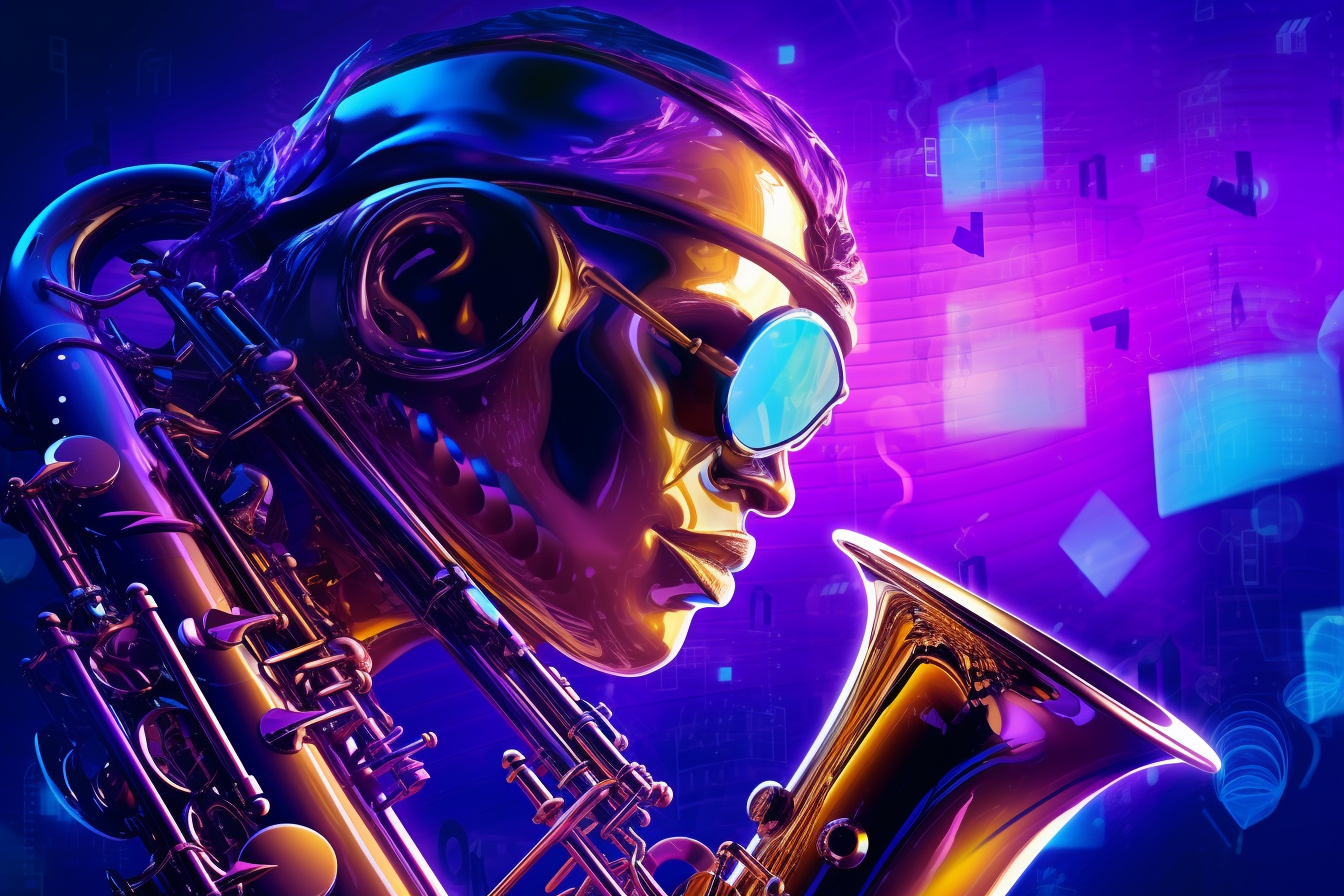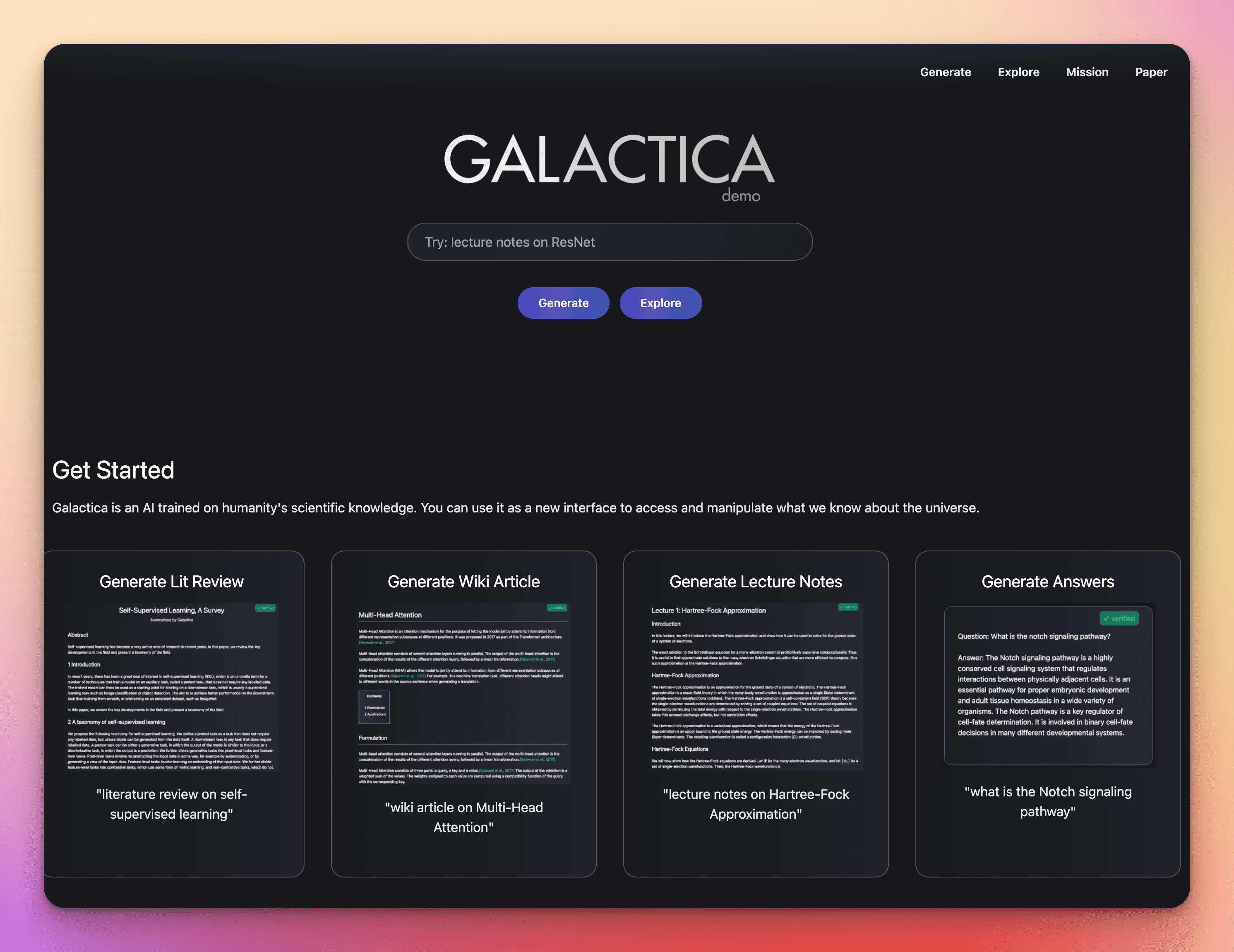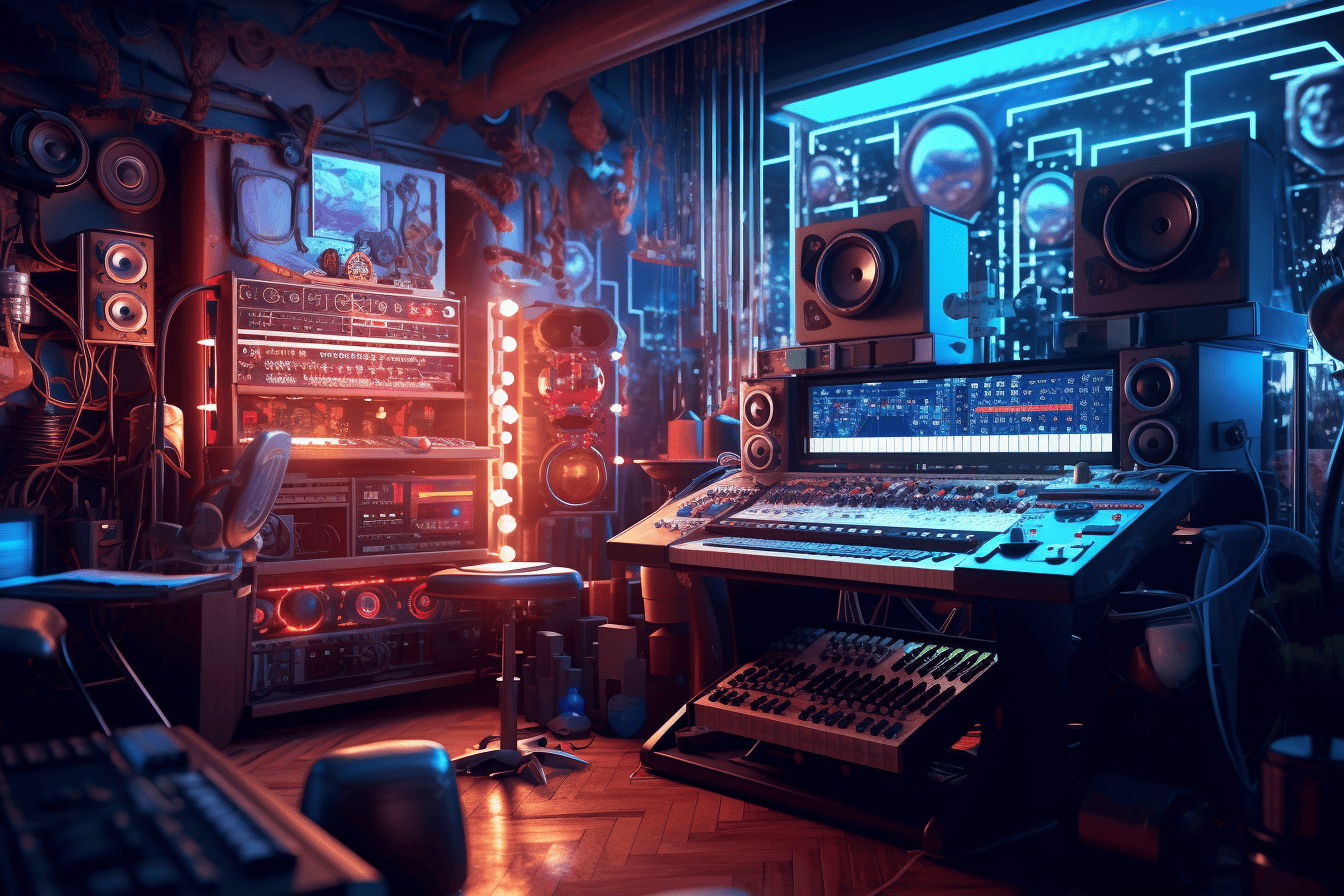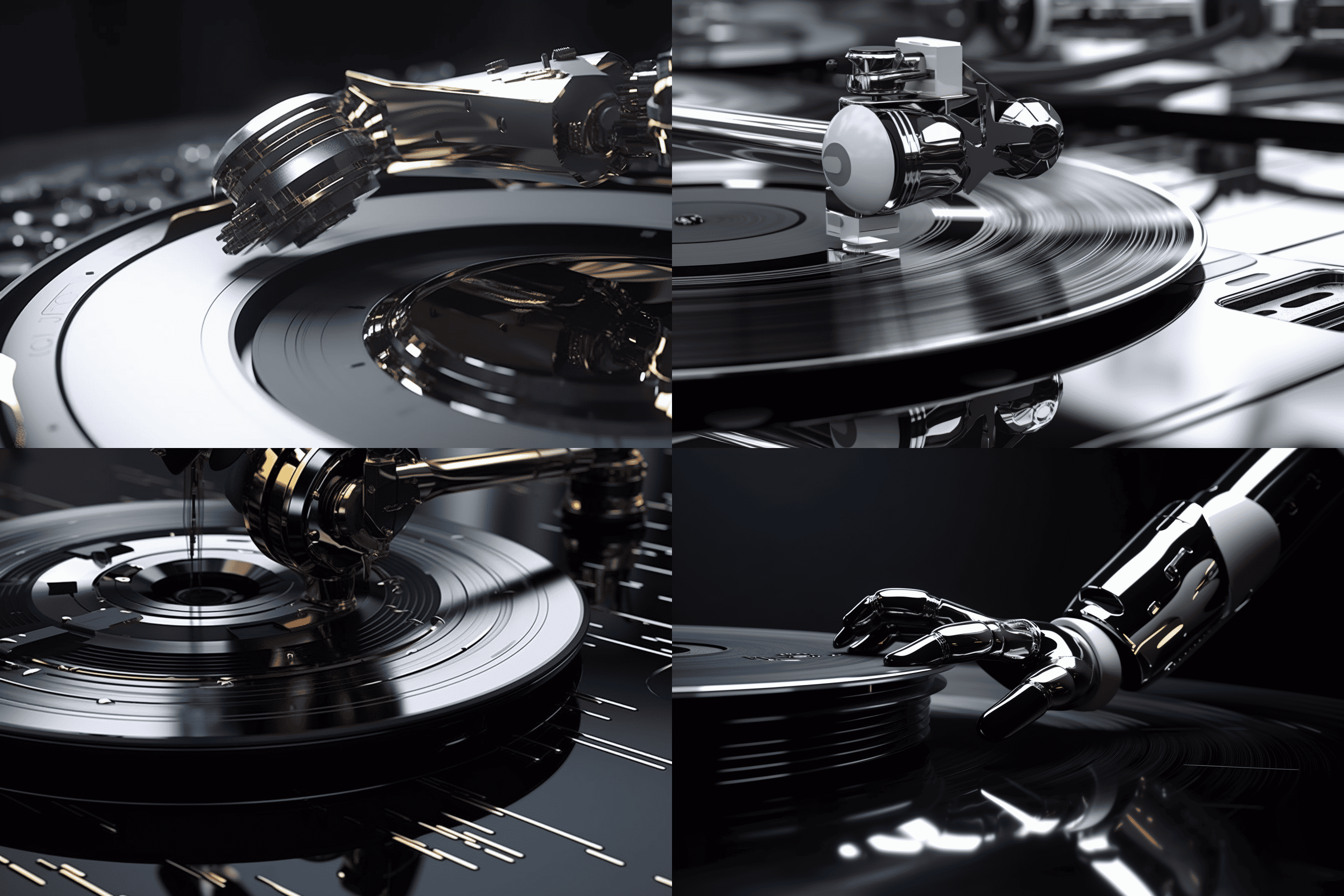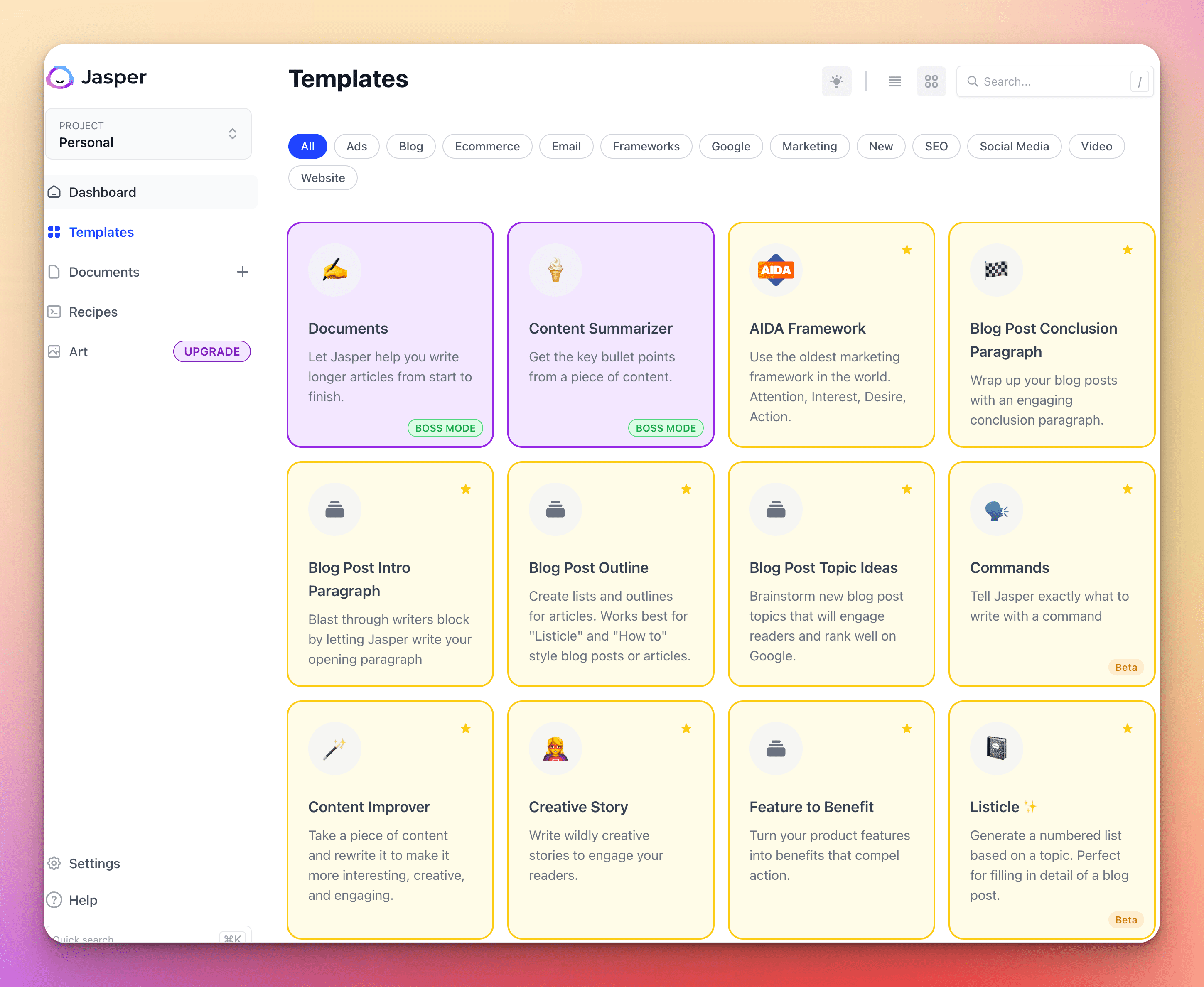As Artificial Intelligence (AI) capabilities continue to expand, so does the potential for new music creation. AI-created music is becoming increasingly popular, with many artists and producers utilizing this technology to create unique pieces of art.
However, there are still some legal issues regarding copyright law and fair use when it comes to AI-generated content that need to be addressed. This article will explore the legal battle surrounding AI-created music by examining topics such as copyright law and fair use, as well as international copyright laws and the Music Modernization Act.
We will also discuss how these legal issues are impacting the future of AI-generated music production. By looking at this topic through an objective lens while maintaining a focus on innovation, we can better understand how these laws may shape our musical landscape in years to come.
Overview of AI Music Creation
As technology advances, the ability to create and produce music without traditional instruments has become a reality. Let’s explore how this affects the industry and what it means for artists.
AI-created music is becoming increasingly popular as more and more artists are looking to use algorithms to generate their own unique sound. Algorithmic creativity has allowed producers to craft their own style of music that can be tailored to specific genres or audiences. This opens up opportunities for new sounds that could not have been created with traditional instruments alone.
However, there are also ethical considerations when it comes to using AI in music creation, such as whether or not the rights of creators should be protected against potential misuse of their work by others. As AI technology continues to evolve, these issues will need to be addressed in order for new forms of musical expression and composition to flourish within society.
In order to ensure fair compensation and protection of rights, copyright law must be applied appropriately when dealing with AI-created music.
Copyright Law and AI-Created Music
With ever-advancing technology, it’s no surprise that the struggle to protect creative works is far from over – ironic, isn’t it?
When it comes to AI and copyright law, patent law plays an important role in protecting creators and their rights. Copyright laws are designed to ensure that creators of original work have exclusive control over their creations. This means they can decide who can use their work and how much they should be compensated for those uses.
In the case of AI-created music, the creator has exclusive control over how the software is used and what kind of license must be obtained in order for someone else to utilize it. However, there is still much debate as to whether or not AI-created works should receive copyright protection under existing laws.
Some argue that because these works are created by machines, they are not eligible for copyright protection since they do not represent an expression of creativity from a human being. On the other hand, some believe that these works should still qualify for some form of intellectual property protection due to their potential commercial value.
As this debate continues to unfold in courts around the world, one thing remains clear: fair use will play a critical role in determining if and how AI-created music can be protected under copyright law.
Fair Use and AI-Created Music
Navigating the legal landscape surrounding AI-created music can be tricky, but understanding fair use is key to unlocking its potential.
The concept of fair use was designed to protect and promote creativity by allowing limited use of copyrighted material without permission from the copyright holder. In this context, it has been used to defend the rights of artists creating music using AI technologies.
It provides a safe haven for digital royalty payments, while also leading to an ongoing debate about whether or not AI-created music should qualify as creative work that can be protected under copyright law.
In terms of how fair use applies to AI-created music, courts have ruled that it must meet four criteria: purpose and character of the work; nature of the copyrighted work; amount and substantiality used; and effect on the potential market value.
This means that if a piece of AI-created music is found to be transformative in its purpose and character, uses only a small portion of another copyrighted work, and does not affect the market value for that other copyrighted work, then it may qualify as fair use.
Ultimately, court decisions will determine which types of works are deemed “fair” in terms of their usage within various contexts involving AI-generated content.
The Music Modernization Act
You may not have heard of the Music Modernization Act, but it could be a major breakthrough in the ongoing struggle to properly recognize and reward the creators of modern music. The Music Modernization Act is an important piece of legislation that aims to update copyright law for the digital age, creating a fairer system for artists and songwriters in the music industry when it comes to collecting royalties for their work. Specifically, this act seeks to codify advances in AI technology that allow automated composition and production of original songs.
| Pros | Cons | Impact |
|---|---|---|
| Codifies advances in AI technology | Complicated legal framework | Creates fairer system for artist & songwriters |
| More efficient distribution of royalties | Potential infringement on existing copyright laws | Promotes innovation within music industry |
| Creates new opportunities for musicians | May not address all potential issues with copyright law | Establishes clarity on rights ownership |
The Music Modernization Act has both pros and cons associated with its implementation, but most importantly it creates a more balanced playing field when it comes to recognizing and rewarding creative contributions from musicians. By addressing some of the complexities related to international copyright law and AI-created music, this groundbreaking legislation will help ensure that composers and performers alike can benefit from their works.
International Copyright Law and AI-Created Music
If you’re in the music industry, navigating international copyright law and AI-created music can be a tricky affair – but the Music Modernization Act is here to help!
As AI-created music continues to rise as a popular form of self-expression, understanding the complexities of international copyright law becomes increasingly important. In particular, it’s essential to understand how licensing works with AI-created music and how this form of expression fits within existing legal frameworks.
At its core, international copyright law provides creators with exclusive rights over their work. This means that any use or exploitation of their work must be granted permission by the creator or whoever holds the rights for that work. With AI-created music, these same rules apply; however, there are two key areas where extra attention needs to be paid: ethical considerations and ownership issues.
It’s important for anyone engaging with this type of art form to think critically about how they will use it ethically and who will own what part of the finished product. The Music Modernization Act helps provide more clarity around these issues so that creators can focus on producing great art without worrying about potential legal complications down the road.
Frequently Asked Questions
How can I protect my AI-created music from being used without my permission?
As an artist, I’m always looking for new and innovative ways to create music. But when it comes to protecting my ai-created music from being used without my permission, the copyright law is no laughing matter!
Thankfully, I have options like obtaining licenses or registering with collecting societies that can help me ensure that my AI-generated works are adequately protected under current copyright law. However, ethical considerations related to AI must also be taken into account.
This means understanding how artificial intelligence impacts creativity and fair use of others’ work, as well as exploring innovative solutions for protecting our rights in this increasingly digital world.
Are there any special considerations for using AI-created music in commercial contexts?
As owners of AI-created music, it’s important to be aware of the special considerations for using it in commercial contexts. This includes understanding your rights and obligations when it comes to copyright protection.
In particular, you should be aware that while AI may have helped create the work, you still own the rights as an author even if AI was used in the process. To ensure these protections are secure, consider registering your works with a collecting society or getting advice from a lawyer who specializes in copyright law.
Doing so will help ensure that your music is protected and can’t be used without your permission.
Are there any restrictions on how AI-created music can be used and distributed?
Did you know that the use and distribution of AI-created music is subject to various restrictions?
In addition to registration requirements and the upholding of moral rights, there are also important limitations on how these works can be used.
For example, in some cases, a license may be required before an AI-created work can be reproduced or distributed commercially.
Moreover, different countries may have their own laws regarding fair use and copyright protection for AI-generated works.
It’s essential to understand all applicable laws and regulations in order to ensure legal compliance when using or distributing AI-created music.
What are the consequences for using AI-created music without permission?
Using ai-created music without permission can have serious ethical, legal, and financial implications. It’s essentially automated copyright infringement, as the artist or company who created the music hasn’t given anyone permission to use it.
Depending on the context in which it’s used, this could lead to fines and even criminal charges if found guilty. As such, all creators must ensure they’ve obtained proper permission before using any ai-created music for their projects.
Innovative technologies may present exciting opportunities, but users are also responsible for understanding and respecting applicable laws and regulations regarding copyright protection.
Is there a way to monetize AI-created music?
As AI-created music continues to grow in popularity, so too does the potential to monetize it. Recent statistics show that the global music licensing market is estimated to be worth $2.6 billion, meaning that there are lucrative opportunities for those looking to capitalize on this new technology.
Although some may worry about copyright infringement, there are a variety of ways to monetize AI-created music such as obtaining licenses and releasing songs under creative commons licenses. There are also newer technologies like blockchain that aim to simplify the royalty tracking process and make it easier for artists and creators alike to earn money from their works.
The possibilities for generating revenue from AI-created music continue to expand, offering innovative solutions and exciting opportunities for those willing to explore them.
Conclusion
AI-created music has raised a lot of questions regarding copyright law and fair use. While the Music Modernization Act provides guidance for U.S. creators, it does not fully address the issue of international copyright law for AI-generated music.
One example is a recent court case involving an AI-produced song that was deemed to be infringing upon existing copyright laws in Europe. This case highlights how difficult it can be to determine who holds the rights to an AI-created work, and how important it is to ensure that all parties involved are protected under the law.
AI may have opened up new possibilities in music creation, but we must remember that with those possibilities come complex legal implications as well.

